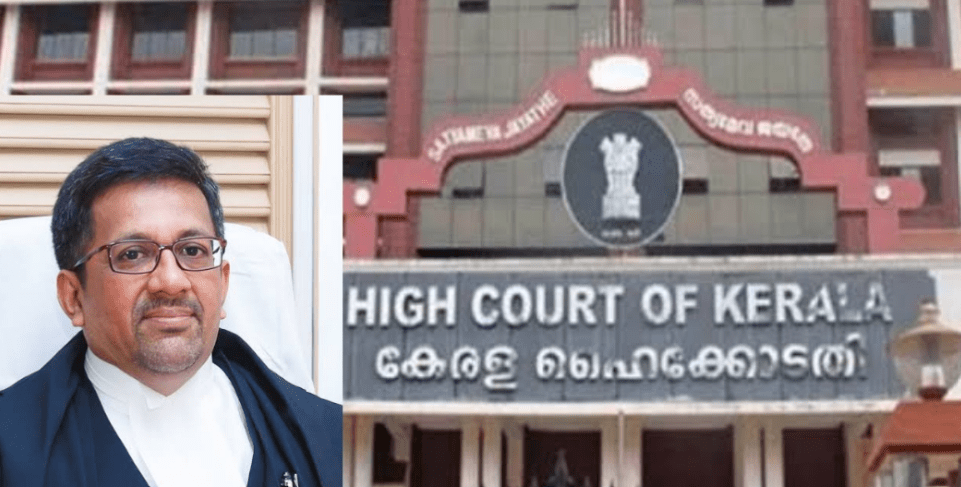The Delhi High Court recently criticized the Delhi Police for wrongfully charging a father and grandmother in the death of a 2-year-old girl. A division bench of Justices Suresh Kumar Kait and Neena Bansal Krishna found that the police had put the father and grandmother on trial without any material evidence against them.
“The unfair investigation has made the accused suffer the ordeal of a long trial and undergo sentence for a crime which was never committed by them. Hence, in the interest of justice, the respondents/accused are acquitted of the offences under Section 23 of the Juvenile Justice Act, 2000,” the High Court ordered.
The case dates back to February 19, 2014, when a two-year-old girl died at home while with her grandmother. The child’s parents were divorced, and the father had custody. The maternal grandfather suspected foul play by the paternal grandparents. The post-mortem revealed 24 ante-mortem external injuries, with the cause of death attributed to an empty stomach and shock from head injuries caused by blunt force.
Although the trial court acquitted the father and grandmother of murder, it sentenced them to six months’ imprisonment under Section 23 of the Juvenile Justice Act, 2000. The Delhi Police challenged this decision, seeking murder convictions.
The High Court, however, found that the father was not at home when the child died and noted that it was unreasonable to assume deliberate neglect by the father and grandmother. The court also considered the doctor’s statement that the scratch marks on the child’s body could have resulted from eczema and dry skin.
“It seems the iron rod and danda (stick) were planted by lady Constable Babita. Moreover, no blood stains or marks were present at the crime spot. On the other hand, the grandmother herself rushed to the hospital carrying the victim child after she fell and sustained injuries,” the Court observed.
The High Court concluded that the father and grandmother were not guilty of any offence under the Juvenile Justice Act and that the trial court had erred in convicting them. “Hence, in the interest of justice, the respondents/accused are acquitted of the offences under Section 23 of the Juvenile Justice Act, 2000 also,” the Court ordered.
The Court also cautioned the prosecution department against filing appeals casually without substantial evidence, noting that such cases waste public resources and court time.
“Such types of cases cause loss to the public exchequer, precious public time of the courts, and the energy and time of the prosecution which otherwise can be utilized for a good cause,” the High Court stated.
Case Title: State v Usha Devi & Anr.pdf




